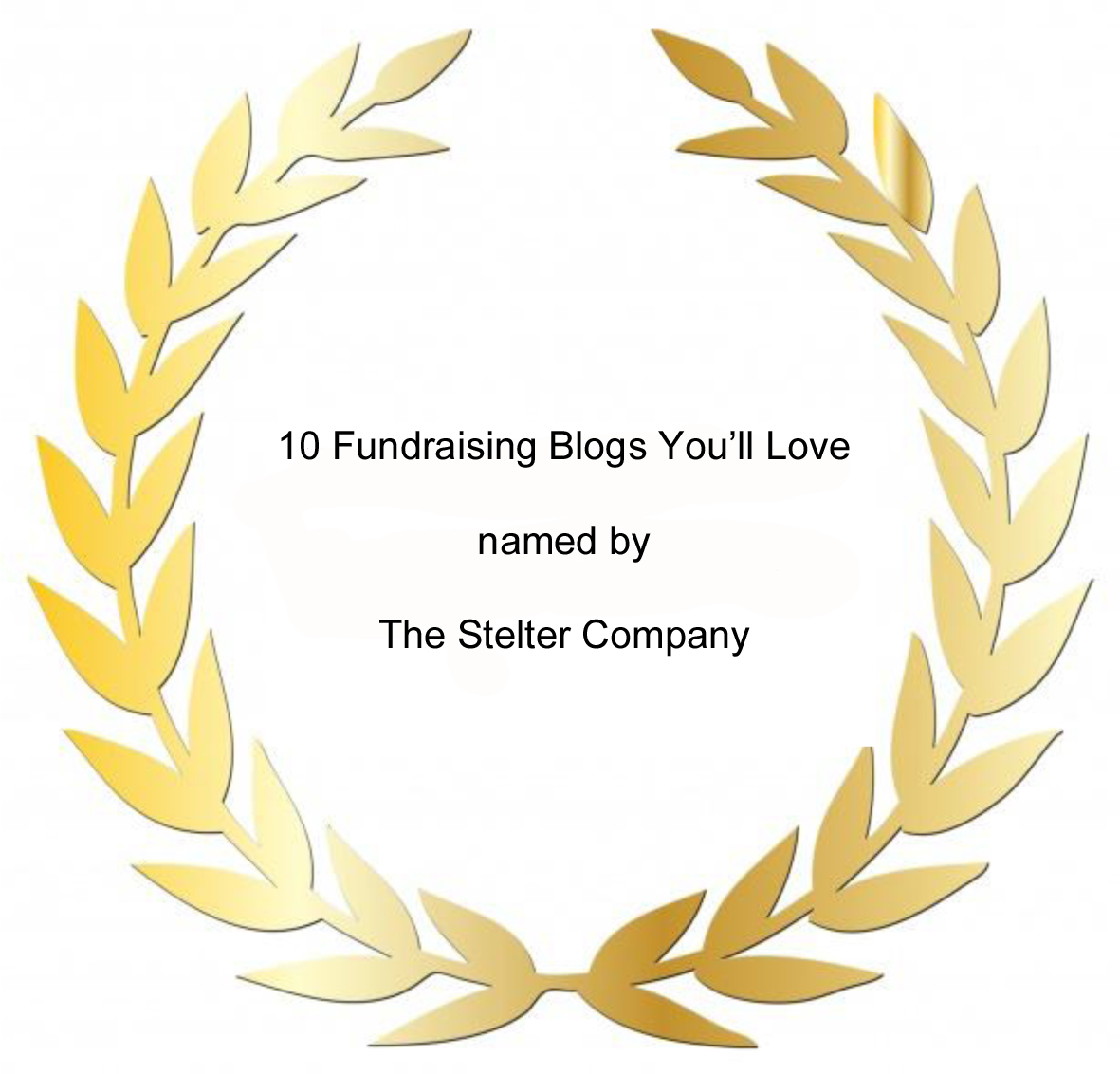Congratulations! You’ve done everything right, so far. As a result, a prospect has offered to write a $5,000 check to your nonprofit organization. She only has one question: “Who should I make the check out to?”
So, what should you do next?:
A. Let loose with an enthusiastic, sincere, “Whoohoo!”
B. Thank the donor and tell her the proper name of the organization for the check.
C. Tell the donor the information is on your organization’s website.
D. Thank the donor, tell her the proper name of the organization for the check, and then say, “And, let me just ask, if I may, do you have any appreciated stock?”
 If you’re like most development professionals, you probably answered “B.”
If you’re like most development professionals, you probably answered “B.”
While that’s not exactly a wrong answer, there is a better one that will be more helpful for the donor and for your charity: “D.”
Sadly, many development professionals wrongfully assume that all donors of means know, at least, the basics of financial planning and tax avoidance. However, that’s simply not the case.
Sometime ago, I served on the board of a nonprofit organization. At one of the charity’s events that I attended, a modest donor came over to me and expressed an interest in donating $5,000. She simply needed to know the organization’s official name so she could put it on the check.
As in the above scenario, after thanking her and providing the information, I asked if she had any appreciated stock.
Puzzled by my question, she replied, “Yes, I do. Why do you ask?”
I then explained that if she contributed appreciated stock valued at $5,000, rather than cash, she could avoid the capital gains tax, thereby resulting in a savings.
Surprised, the donor responded, “I can avoid giving my money to the government, by giving the foundation stock? That’s a great idea! And, since I really don’t need the money, why don’t I just increase my gift by the amount I’ll save in taxes?” After consulting her accountant, she did exactly that.
However, her generosity did not end there. Moved by the work of the foundation and the good advice she had received that allowed her to avoid some capital gains tax, she consulted with her family and her advisors. She then contributed over $15,000 to create a namesake scholarship fund.
By asking a simple question, I let this donor know that I was looking out for her. That would still have been the case even if she already knew about the advantage of donating appreciated securities instead of cash.
If I had not asked the question, the organization would have received a $5,000 check. And, the story may have ended there.
When you are donor-centered, you earn more trust than would otherwise be possible.
If you handle a $5,000 gift properly, if you look out for the interest of the donor, she will likely have greater confidence in you and your organization. The more trust she has in the organization, the more likely it is that she will give more and the more likely it is that she will make a planned gift.
Being donor-centered is good for the donor, and it’s good for the organization.
Oh, once you’re back at the office, let out that “whoohoo” and high-five the first person you see.
That’s what Michael Rosen says… What do you say?
[Publisher’s Note: For more donor-centered planned giving tips, checkout the book Donor-Centered Planned Gift Marketing. The book earned the AFP-Skystone Partners Prize for Research in Fundraising and Philanthropy and a spot on the official CFRE International Resource Reading List.]








